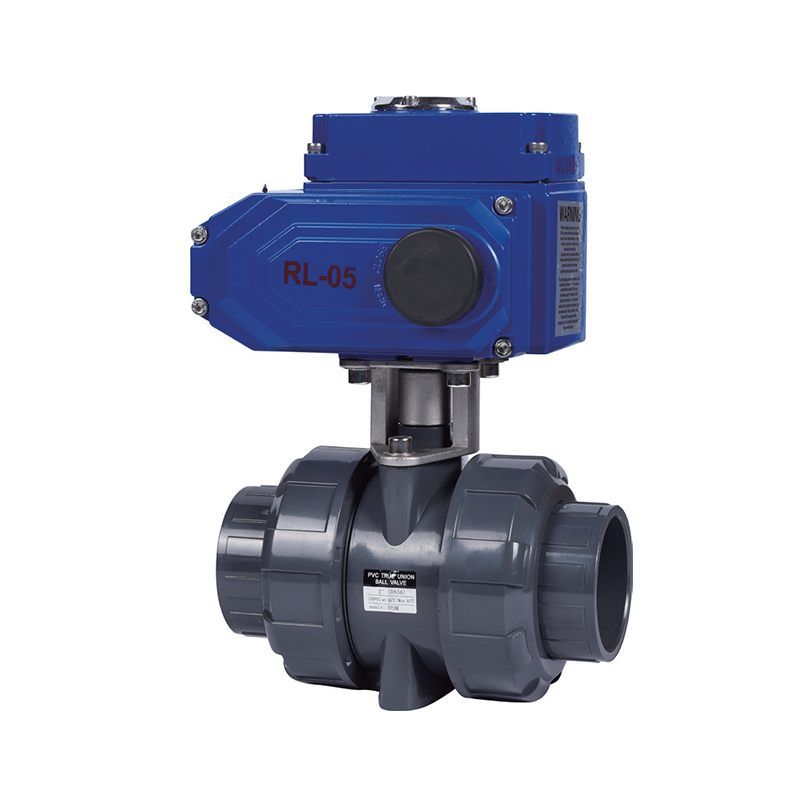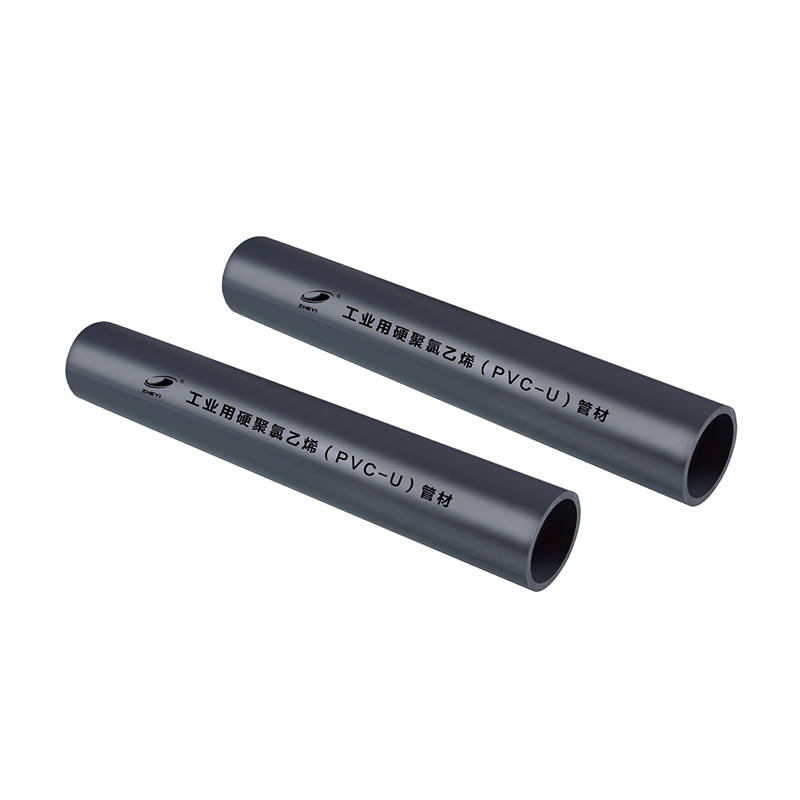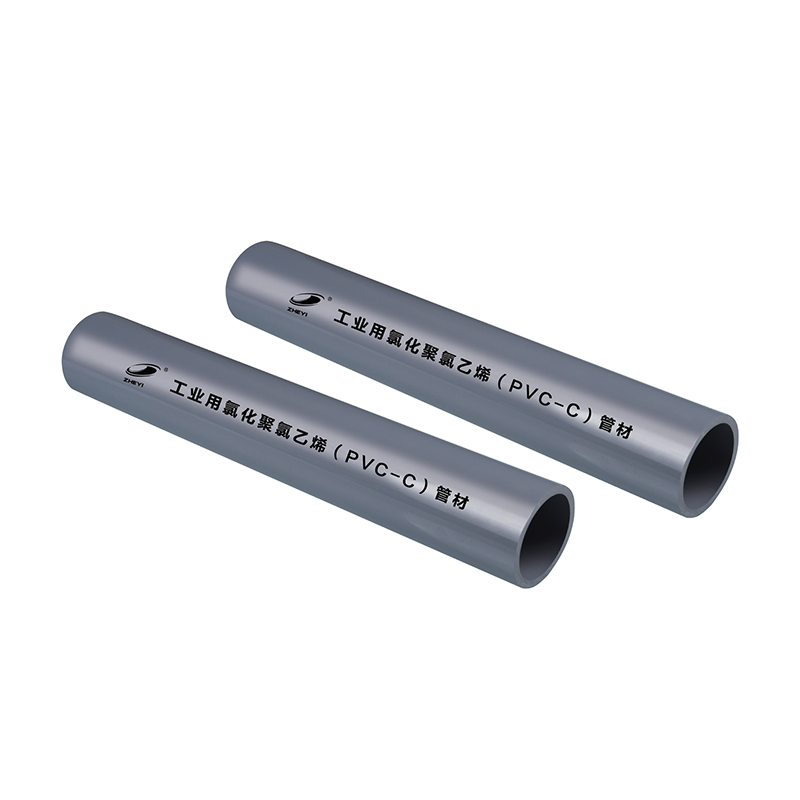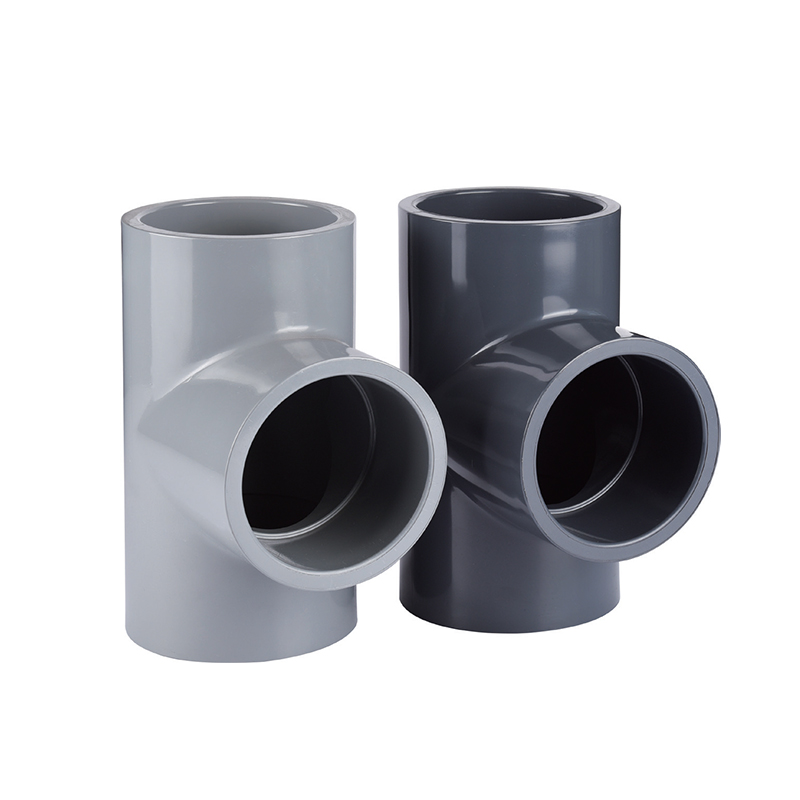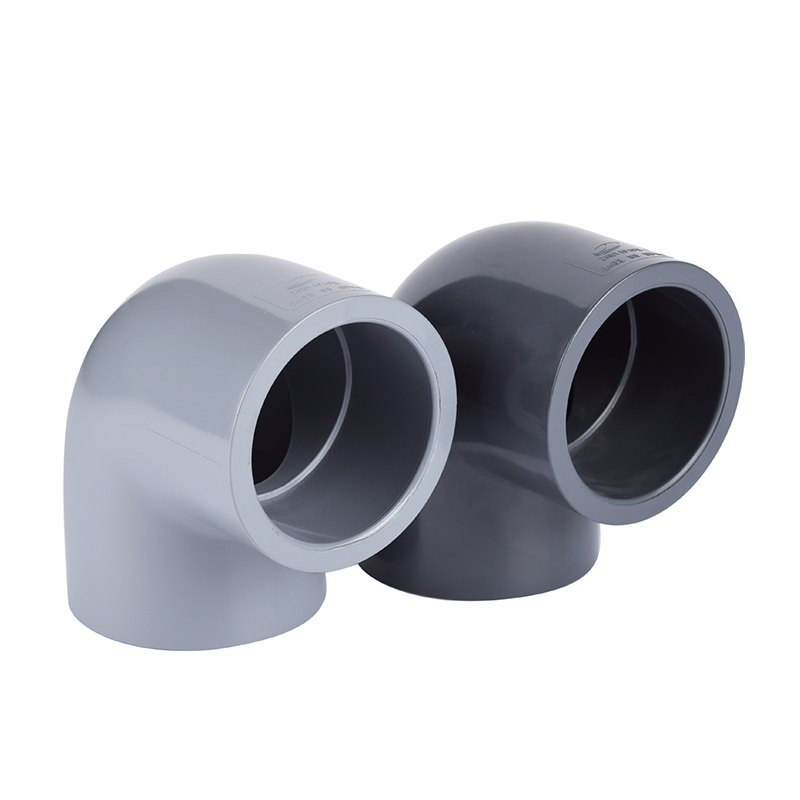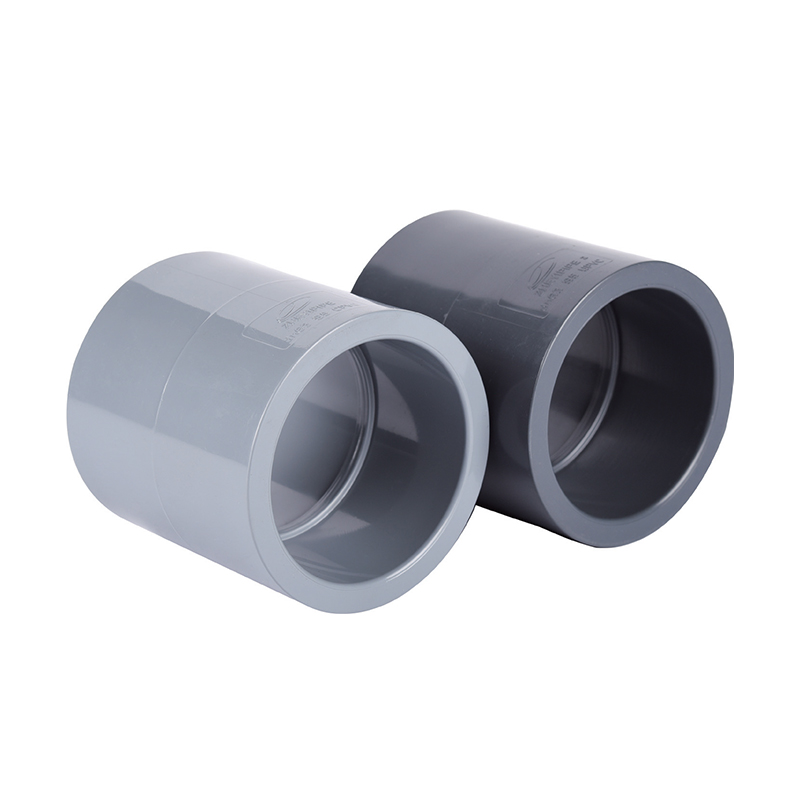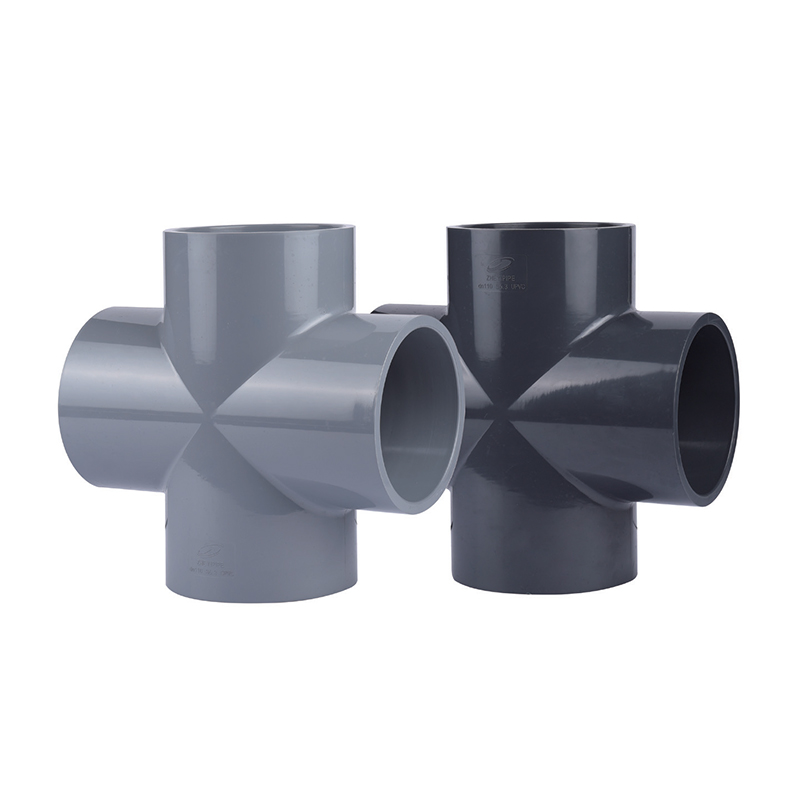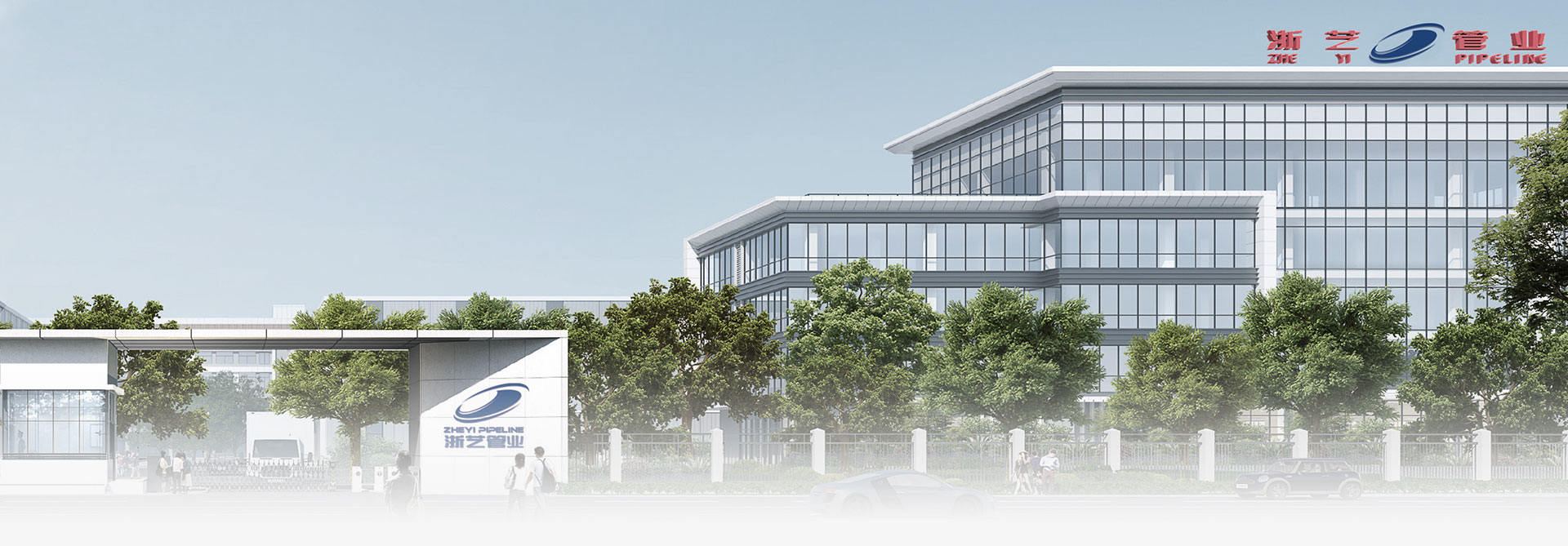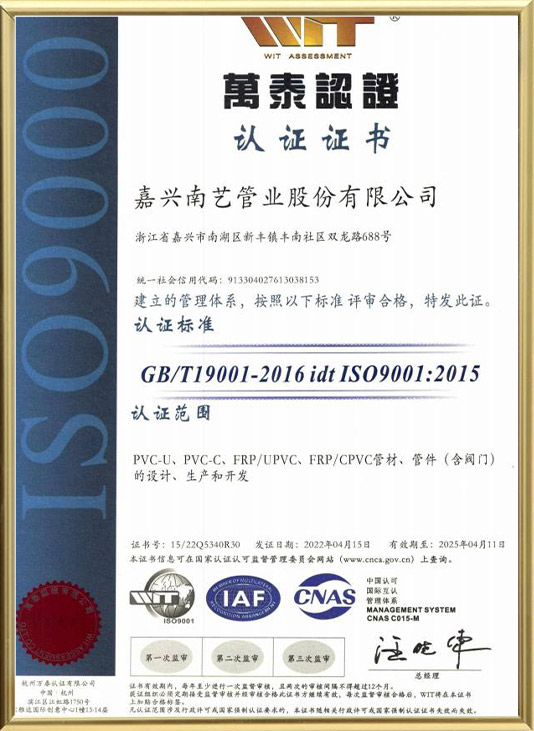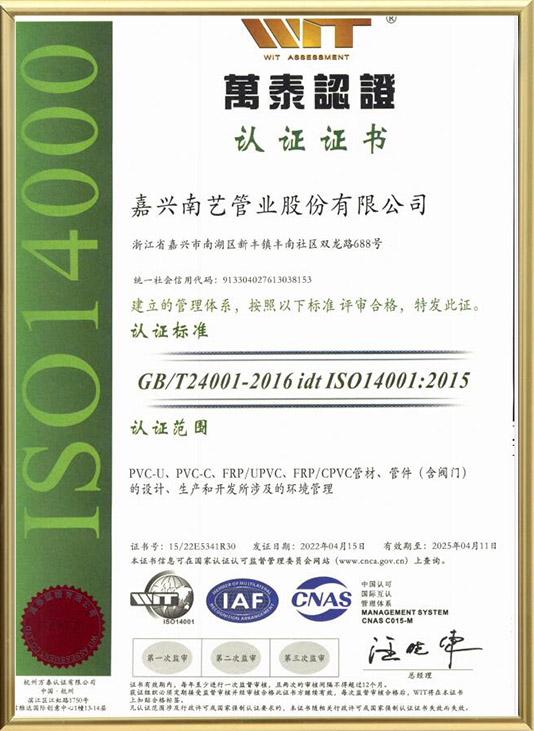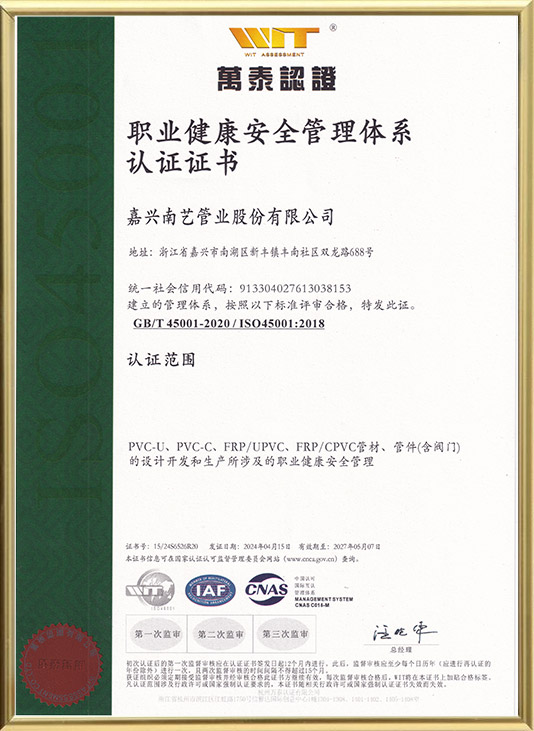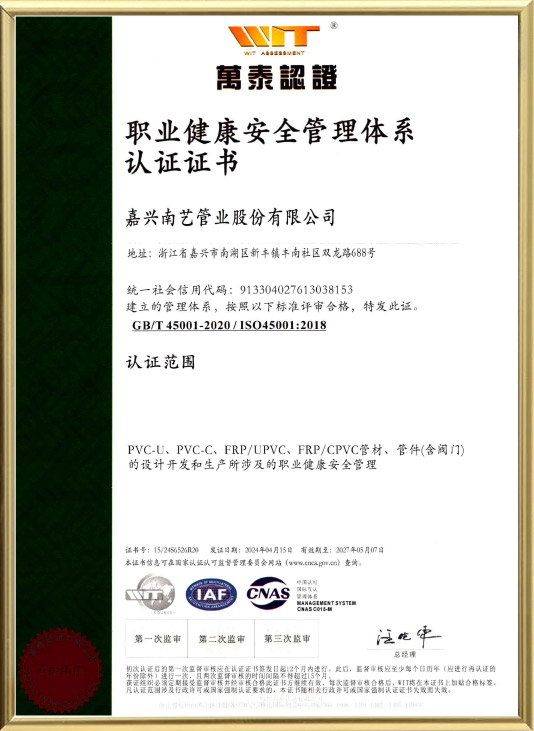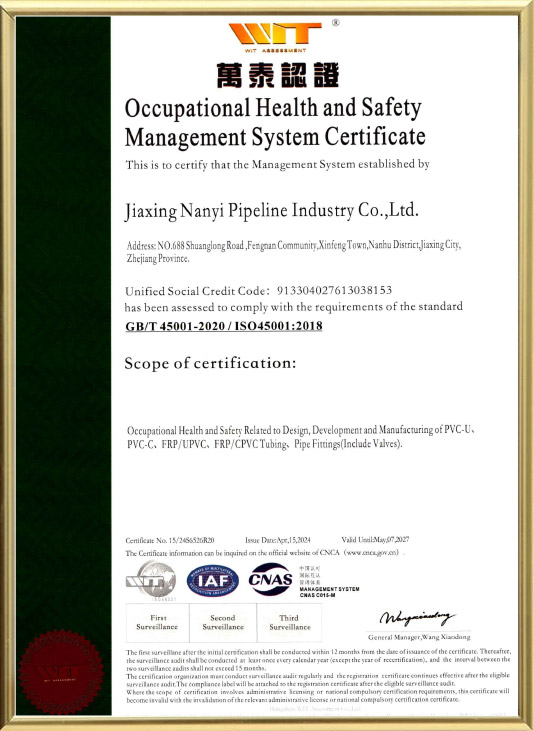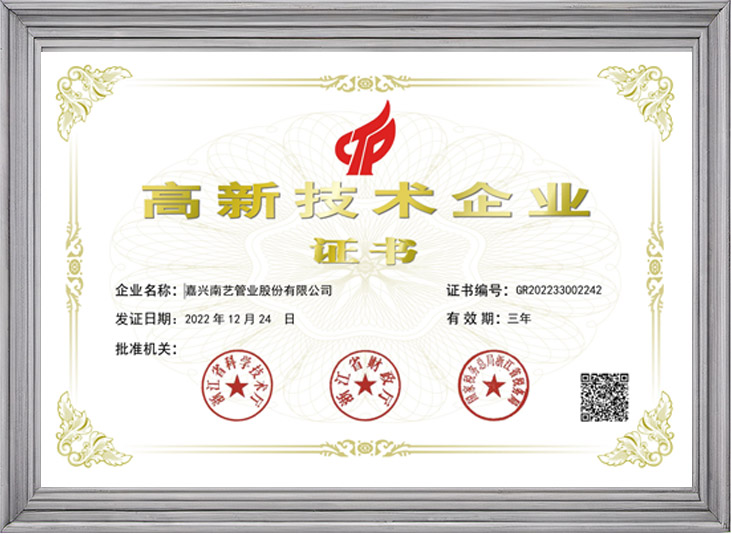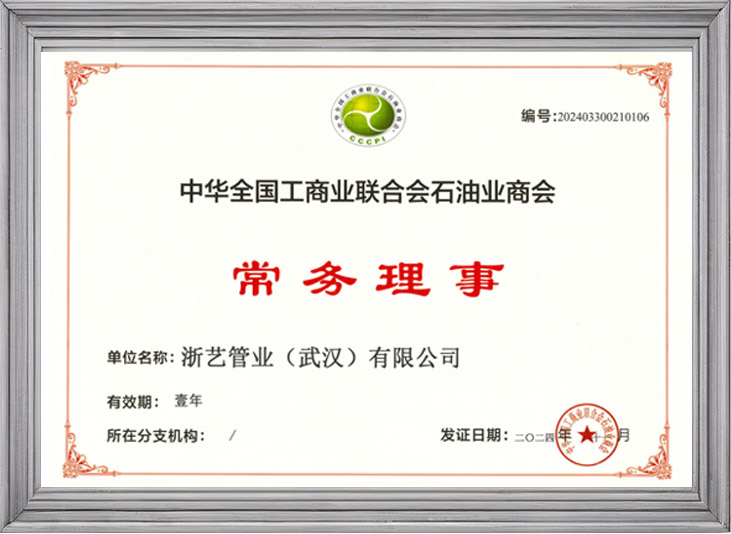In the chemical, water treatment and high-purity industries, highly corrosive media (such as acids, alkalis, oxidants, organic solvents, etc.) have extremely high requirements for the corrosion resistance of valve materials. UPVC (unplasticized polyvinyl chloride) and CPVC (chlorinated polyvinyl chloride) electric valves have become the first choice for many industries due to their excellent corrosion resistance, lightweight and cost advantages. The following are the selection points for different industries:
1. Safe Drinking Water & Drinking Water
Applicable valve types: UPVC electric ball valve, butterfly valve (compliant with FDA/NSF standards).
Key requirements: no heavy metal precipitation, sealing materials are EPDM or FPM (fluororubber) to avoid microbial growth.
Industry characteristics: must meet sanitary standards, suitable for chlorine disinfection environment.
2. Metallurgy
Applicable valve types: CPVC electric diaphragm valve or lined valve (resistant to high temperature acidic media).
Key requirements: Tolerance to strong acids such as sulfuric acid and hydrochloric acid, the valve body needs to strengthen the structure to cope with slurry wear.
Industry characteristics: Commonly used in pickling, electrolyte transportation and other working conditions.
3. Photovoltaic (Photovoltaic Industry)
Applicable valve type: high-purity UPVC/CPVC electric valve (no metal ion pollution).
Key requirements: Resistant to etching solutions such as hydrofluoric acid (HF) and nitric acid, PTFE is recommended as the valve seat material.
Industry characteristics: Used in processes such as silicon wafer cleaning and texturing, requiring ultra-high cleanliness.
4. Nuclear Power (Nuclear Power Industry)
Applicable valve type: CPVC electric stop valve or butterfly valve (radiation-resistant modification).
Key requirements: Resistant to boric acid and high-temperature water vapor, and must pass seismic resistance and leakage rate certification.
Industry characteristics: Nuclear-grade applications must meet ASME NQA-1 standards.
5. Electronic Semiconductor (Electronic Semiconductor)
Applicable valve type: UPVC electric bellows valve (zero leakage).
Key requirements: Resistant to ultra-pure chemicals such as IPA (isopropyl alcohol) and ammonia, avoiding particle contamination.
Industry characteristics: Suitable for high-precision fluid control such as wafer manufacturing and CMP process.
6. Medicine (pharmaceutical industry)
Applicable valve type: sterile grade UPVC electric diaphragm valve.
Key requirements: Meet GMP standards, can be cleaned online (CIP/SIP), and the sealing material is PTFE or Silicone.
Industry characteristics: Used in biopharmaceutical processes such as vaccines and injections.
7. Industrial Water Treatment (industrial water treatment)
Applicable valve type: CPVC electric regulating valve (resistant to sodium hypochlorite and ozone).
Key requirements: Resistant to oxidizing media, the valve stem needs to be designed with corrosion resistance (such as titanium coating).
Industry characteristics: Used in cooling water, RO reverse osmosis and other systems.
8. Industrial Wastewater (industrial wastewater treatment)
Applicable valve type: UPVC/CPVC electric knife gate valve (resistant to sludge, high solid content).
Key requirements: resistance to mixed acid and alkali, organic solvents, and the valve body needs to be thickened.
Industry characteristics: suitable for highly polluted wastewater conditions such as electroplating, printing and dyeing.
Core principles of selection
Medium compatibility: refer to the chemical corrosion resistance table (such as ASTM D1784) to avoid material swelling or degradation.
Temperature/pressure matching: CPVC has higher temperature resistance (≤110℃), and UPVC is suitable for room temperature (≤60℃).
Sealing materials: EPDM (alkali resistant), FKM (oil/acid resistant), PTFE (full corrosion resistant).
Drive mode: select switch type or regulating type electric actuator according to automation requirements.
 +86-15258772971
+86-15258772971
 dinys009@163.com
dinys009@163.com

 English
English 한국어
한국어 Español
Español عربى
عربى

